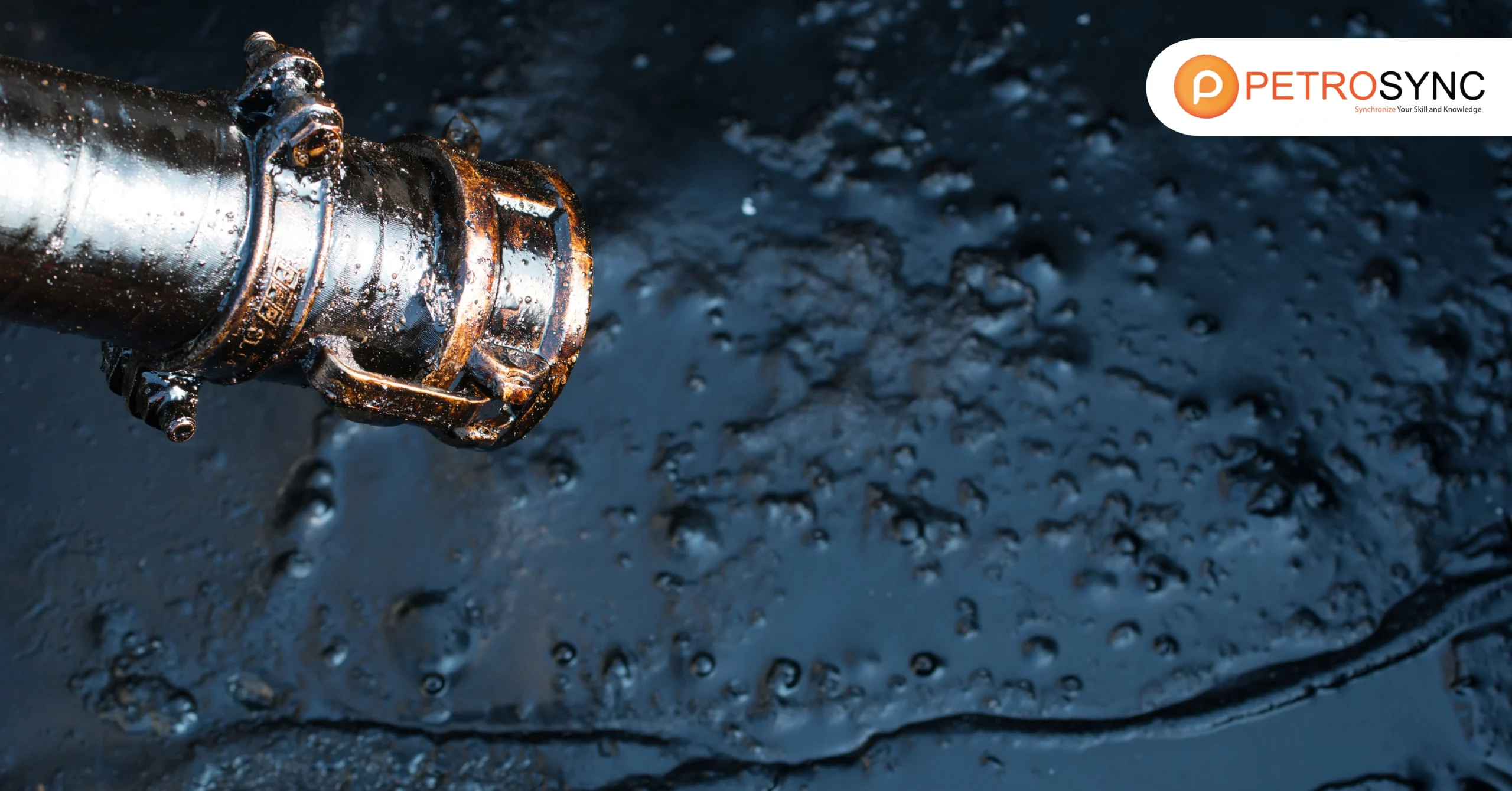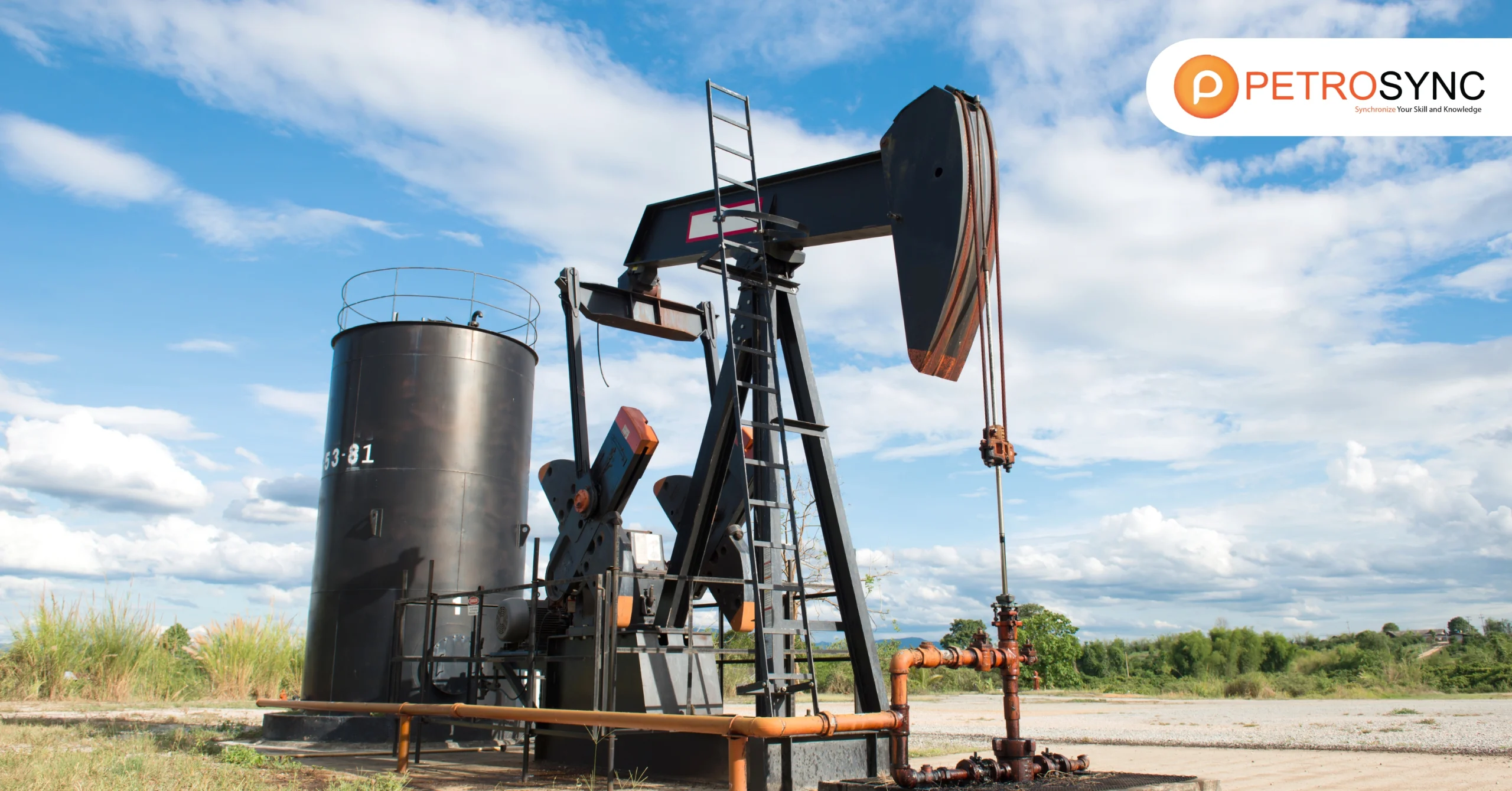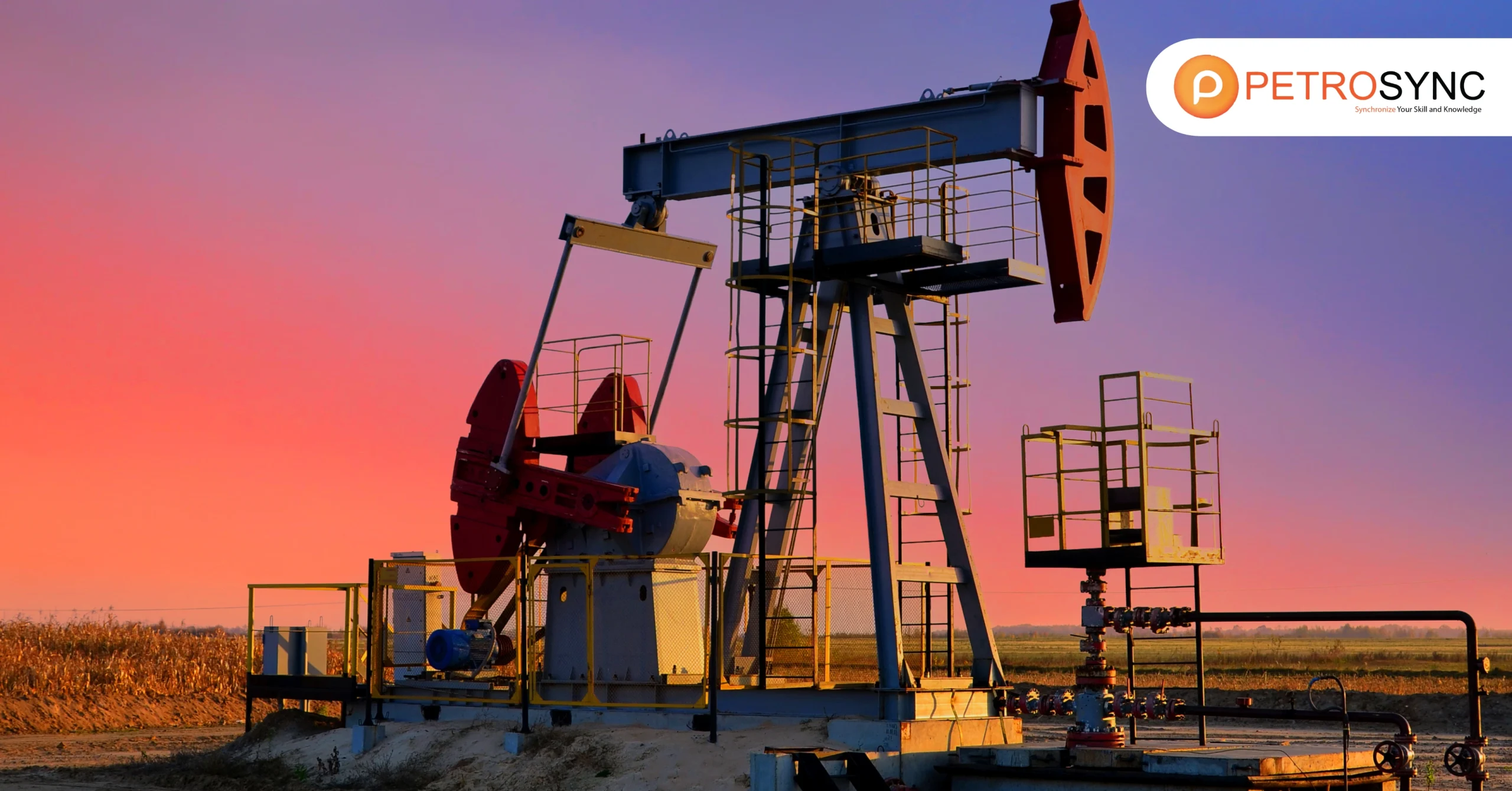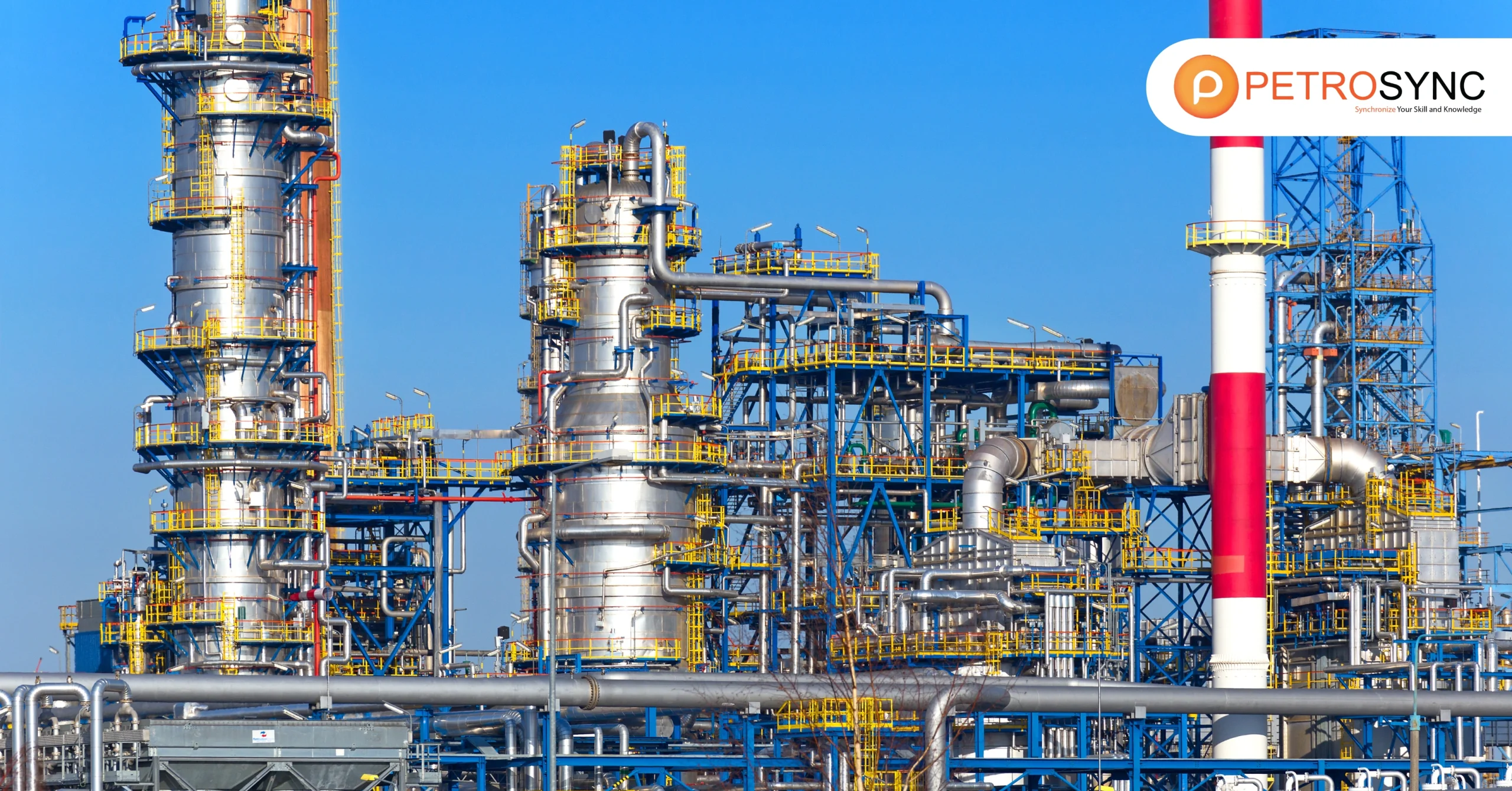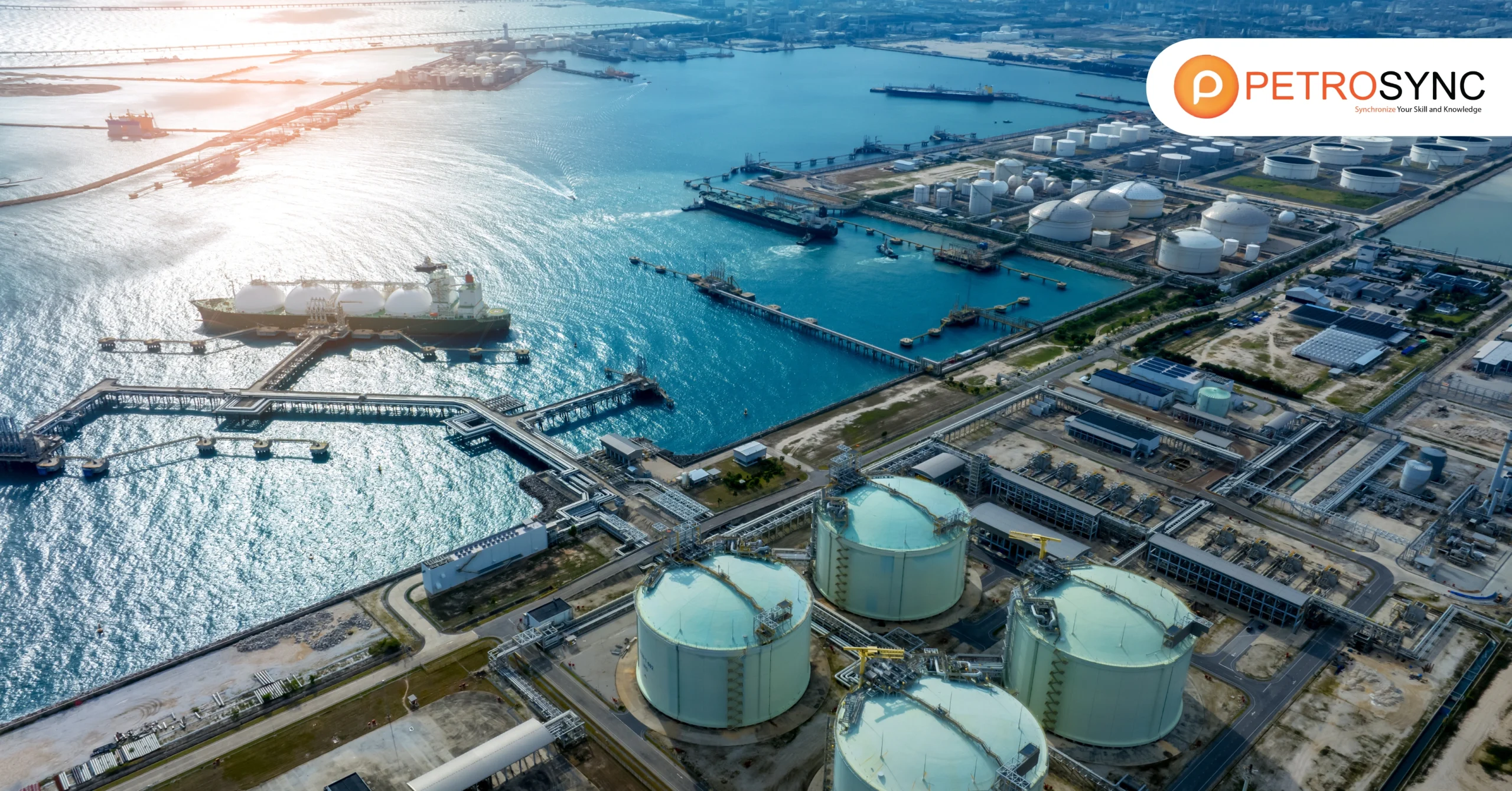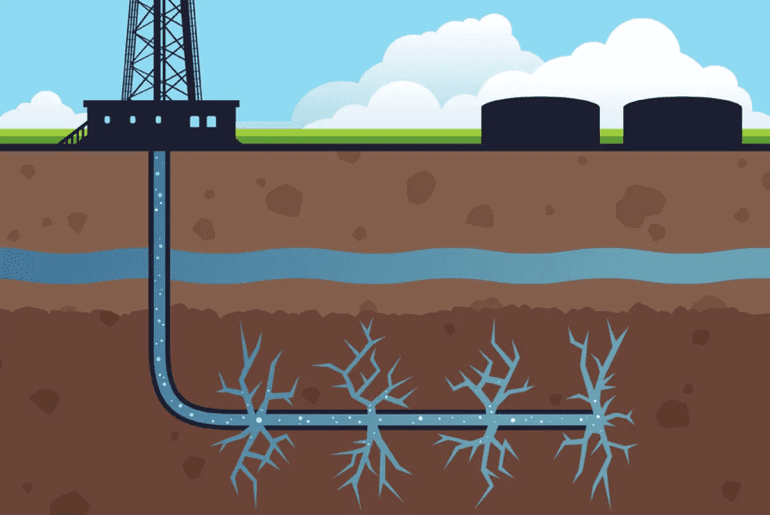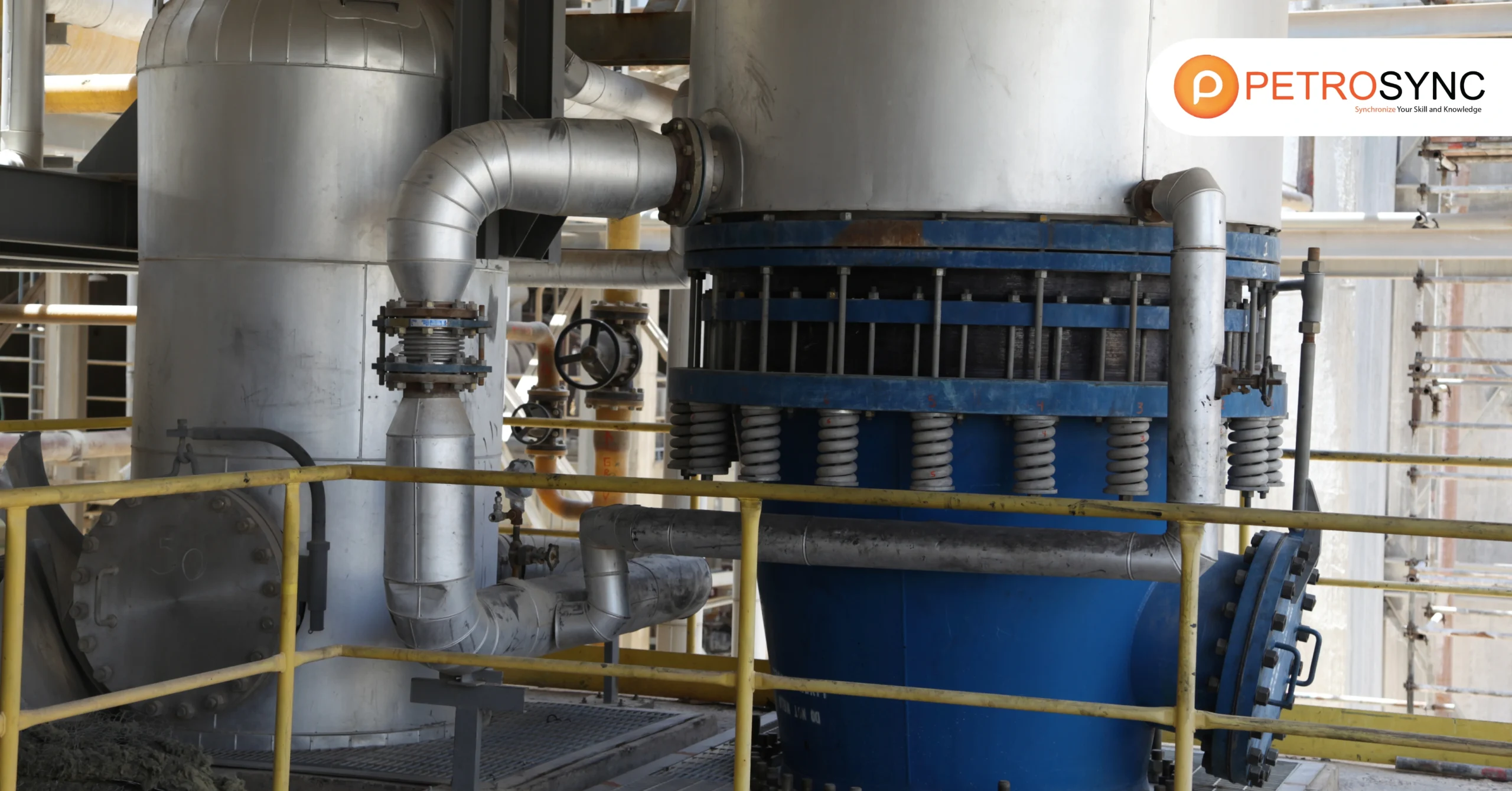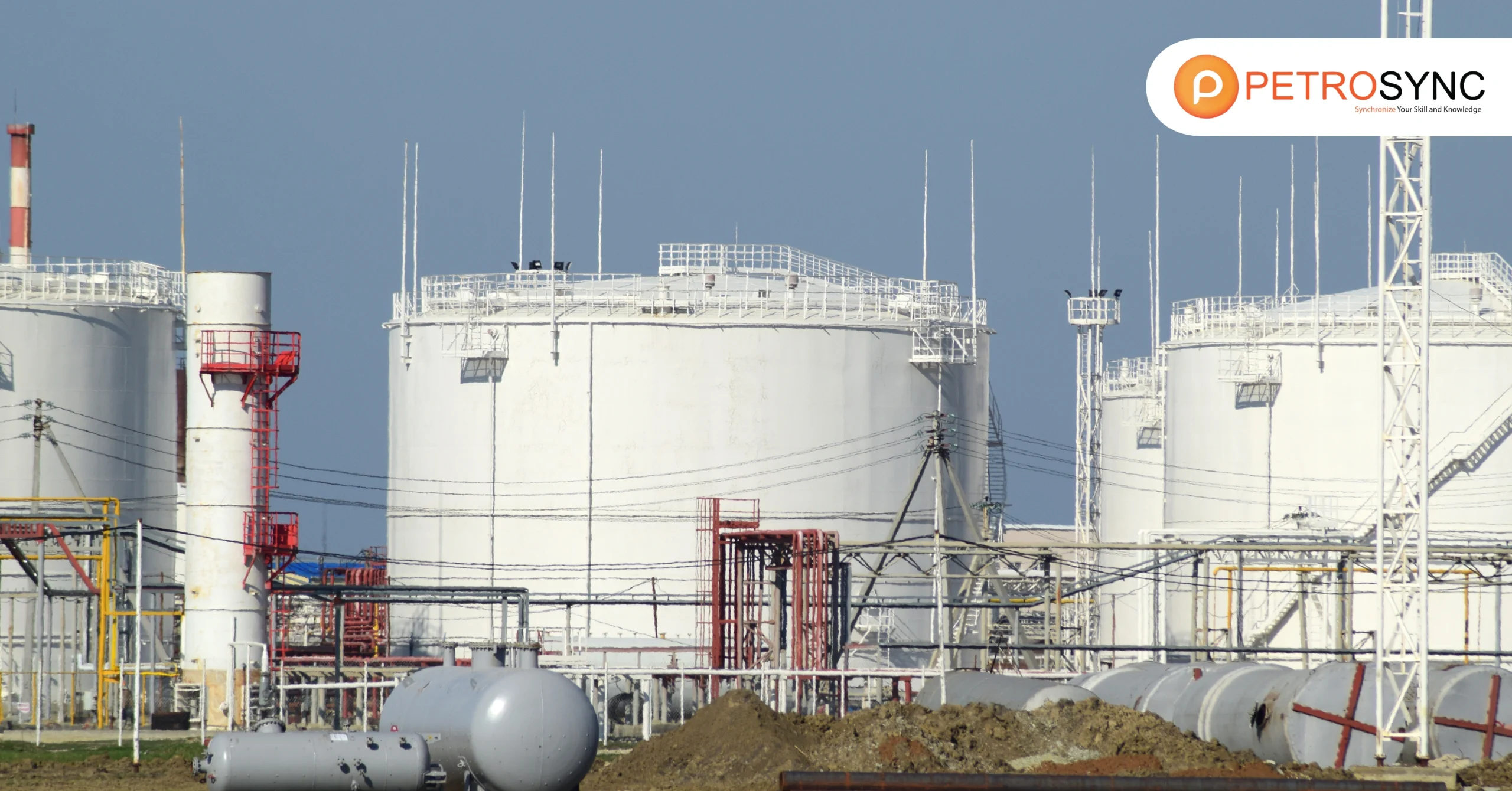The industrial landscape constantly evolves, with new technologies introduced daily to support the production process. As a result, it has become increasingly important for engineers working in various industries to understand more effective maintenance and reliability practices. So what makes…
The Certified Maintenance and Reliability Professional (CMRP) is a globally recognized certification offered by the Society for Maintenance and Reliability Professionals (SMRP). This credential validates your expertise in maintenance and reliability, demonstrating your ability to implement effective strategies for equipment…
The efficient operation of crude oil tankers is a crucial element in the global oil supply chain. From oil production to transportation and refining, each step in this process requires precision and efficiency. The role of crude oil tankers in…
Crude oil is an important component in many worldwide industries, including transportation and industry. Recognizing the various forms of crude oil is critical for assessing its significance in the global marketplace. Each type of crude oil can have an impact…
Crude oil prices are one of the world’s most important economic indicators. These costs have an impact not only on the energy market, but also on industries, consumers, and governments worldwide. Understanding the definition of crude oil, the elements that…
In the ever-evolving oil and gas landscape, challenges in transportation, storage, and distribution are commonplace. The midstream sector addresses these challenges, ensuring that oil and gas products are safely transported from upstream producers to downstream refiners and distributors. With the…
The oil and gas industry faces several challenges, particularly in the upstream sector. These challenges include fluctuating oil prices, environmental concerns, and the need for more sustainable practices. However, with the right solutions, companies can navigate these challenges effectively. The…
Hydraulic fracturing is a process that involves injecting high-pressure fluid into rock formations deep below the Earth’s surface. The fluid creates fractures in the rock, allowing trapped hydrocarbons—such as oil and gas—to flow more freely to the production well. This…
Heat exchanger type are critical for evaluating energy efficiency, operational costs, and system longevity. Selecting the appropriate kind provides efficient heat transfer, whether for cooling, heating, or condensing fluids. Using the wrong type may result in poor performance or even…
The increasing urgency of combating climate change has brought new ideas to the forefront. Carbon capture, utilization, and storage (CCUS) has emerged as a game changer in the fight against global warming emissions. CCUS is more than a technological achievement;…



